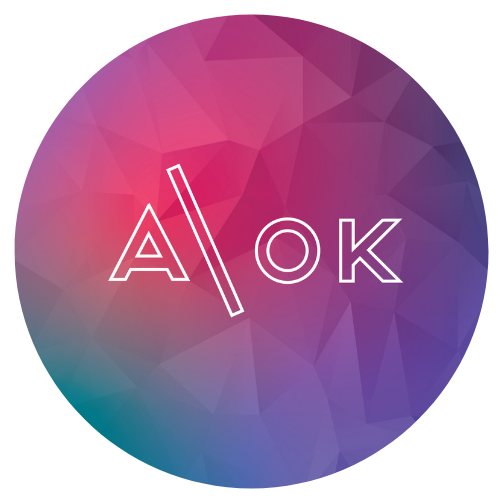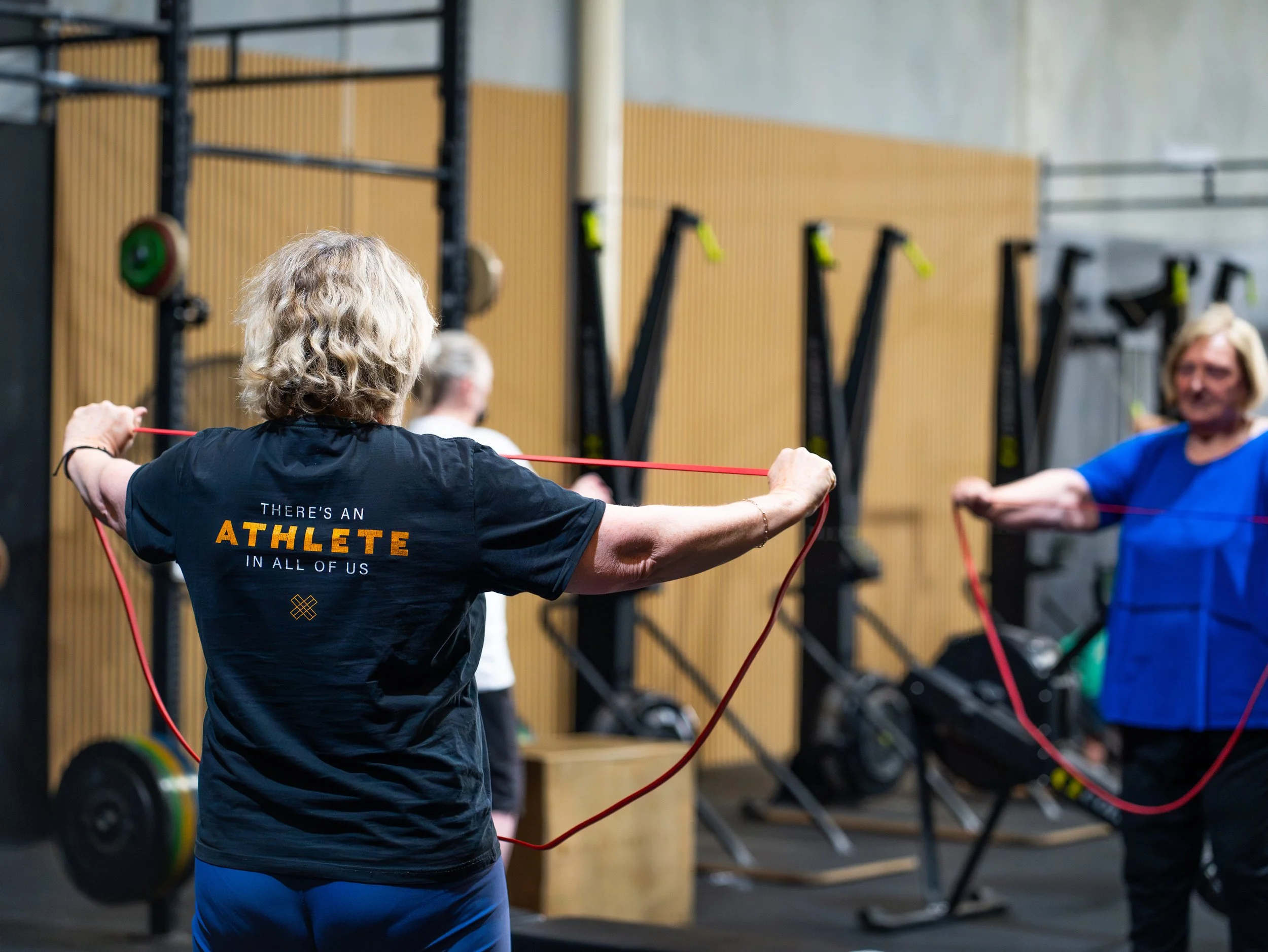What My Shoulder Pain Taught Me About Recovery, Ego, and Healing
My Shoulder Injury Story: What I Learned About Pain and Recovery
The Lead-Up to My Injury
I Hadn't Trained for Weeks
In the three weeks before my shoulder injury, I’d been way less active than my normal. I was sick for two weeks, then enjoyed a relaxing holiday with my girlfriends in Queensland. My overall activity levels dropped dramatically during this time.
Any time there’s a significant drop or spike in physical activity, the risk of injury increases—especially in the 4 weeks following the change. I know this. I teach this. But I didn’t factor it in.
I Ignored the Niggles
Earlier in the week, I did a Pilates session and noticed my shoulder felt off. It was more clicky than usual and painful with certain movements. But I carried on, brushing it off as nothing serious. In hindsight, this was a clear sign my shoulder lacked the strength and capacity it needed.
I Didn’t Warm Up
I skipped my warm-up entirely. When you’re about to load your joints at end range or attempt a high-effort movement, even a short warm-up is essential. But I didn't take the time—and that set me up for injury during a max-effort, end-of-range movement.
I Let Ego Take the Lead
The final straw? I was asked to demo an exercise that I know is tough for my body. My gut said “bad idea.” But I overrode that voice and said, “Yep, no worries.” As soon as I did it, I knew something wasn’t right. That night, I rolled over in bed and my arm just…didn’t come with me.
The Aftermath: Shoulder Pain and Acute Injury
The next couple of weeks were rough. I had:
Intense shoulder pain
Poor sleep
Loss of independence
Difficulty with basic daily tasks
Even as someone who works in physiotherapy for pain and injury rehab, I felt overwhelmed.
Lessons Learned About Acute Pain
Even With Knowledge, Pain is Hard
Logically, I understood that the likelihood of a serious injury was low. I knew about age-related imaging findings, the complex nature of pain, and had a toolkit full of pain management strategies.
And yet—when the pain was intense—I couldn’t think straight or self-soothe.
That’s when I reached out for help:
I spoke to the amazing Physios at AOK Keep Moving
I visited urgent care for pain relief when my GP was booked out.
I followed up with my GP to review my medication
I Noticed Catastrophic Thinking
Despite my training, I caught myself spiralling into “worst-case scenario” thinking. That voice of fear and uncertainty crept in. What helped was noticing it, naming it, and gently shifting my focus to things I could control.
Connection and Nature Supported My Recovery
Getting outside made a real difference. Time in nature, conversations with kind humans, and even gentle walking reminded me that distraction is a legitimate pain management strategy. It didn’t “fix” the inflammation, but it calmed my nervous system and lifted my mood.
I Kept the Rest of Me Moving
While my shoulder was out of action, I kept the rest of my body moving. I focused on my spine, neck, legs, wrists—whatever I could safely do. Whole-body movement supports healing, improves circulation, prevents stiffness, and protects your mental health.
Time is Underrated in Recovery
Our bodies are designed to heal. But they don’t work on the schedule we want. Soft tissues take time. Inflammation needs to run its course. I had to respect that process, even when I wanted to fast-forward.
Pain is Human, But Support Helps
I hope this story offers a glimpse into what shoulder pain and injury recovery really feel like—not just as a clinician, but as a human.
Whether you’re dealing with an acute flare-up, a long-standing niggle, or something you’re not quite sure about, know this:
💬 You don’t have to do it alone.
👂 Support, movement, connection, and rest are powerful tools.
🧠 Even when you know the science, it’s okay to need help.
Need Support for Shoulder Pain? Let’s Talk
If you’re dealing with shoulder pain, acute or persistent, our team at AOK Keep Moving is here to support you with:
✔️ Personalised physiotherapy
✔️ Movement-based rehab (including Pilates)
✔️ Pain education, coaching and support strategies




